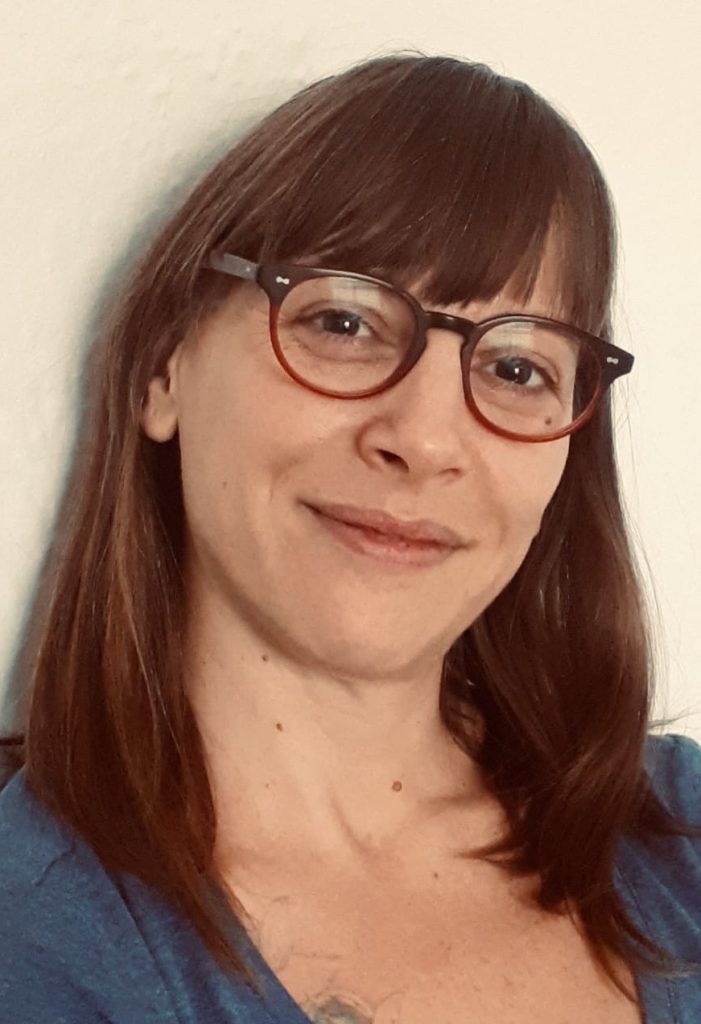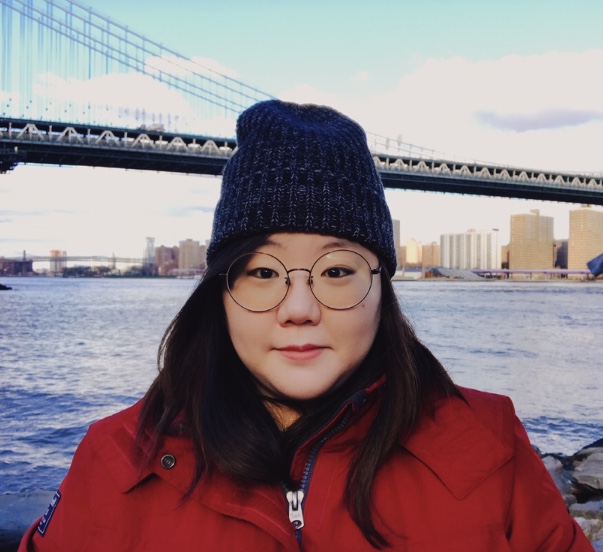I’m a fan of Playtypus’ (somewhat) weekly roundup and Neuroanthropology’s frequent facebook posts. In my day-to-day work as a health services researcher I don’t have a lot of space to think about complementary and integrative health or anthropology per se. I’m using my first blog post to run through some recent articles and posts that helped me re-engage with anthropological perspectives around health and healing that may be of interest to others here. This list would have been better curated, but a colleague distracted me mid-week with a question about ethnography and complexity science that took me down a less related rabbit hole.
What are your favorite places on the internet related to complementary and integrative health or that help you to think more deeply about the work you’re doing? Do any of you keep blogs? Consider contributing a post to this one!
NPR covered a report from Georgetown Law’s Center on Poverty and Inequality on the potential benefits of yoga and mindfulness programs for girls in the juvenile justice system who have experienced trauma. Recently, I’ve been thinking more about military service-related and other trauma among veterans (particularly female veterans), and the U.S. Veteran’s Health Administration’s whole health model of care. (more to come in upcoming blog posts) Anthropologists have the potential to contribute (and continue contributing) good things to these efforts by studying, among other things, how these therapies are most successfully implemented and maintained, the ways in which complementary and integrative care are coopted by biomedicine, the new therapeutic lenses and processes they offer, the (different) outcomes they might encourage us to attend to. (See Emery’s post on an NCCIH funding opportunity)
On a similar thread: Super tiny pilot study that touches on placebo, patient expectations, and hope. What grabbed my attention were the idea of patients’ self-healing power, and importance placed on specific and non-specific treatment effects (which reminds me of complexity theory). The authors argue “the unspecific effects are produced by thorough anamneses, building trust, identification and agreement of a common understanding and mutual goals, being professional, taking control of the situation, and showing empathy and respect towards the patient.”
Do you incorporate visual methods in your work? It’s always one of the top three things I want to do, but it’s not something I’ve used effectively. This article on using photography to understand how people perceive happiness makes me want to do better.
This 2013 article about a farm training program for veterans recently showed up in a feed. It reminded me of the work of fellow Veterans Health Administration anthropologist Karen Besterman-Dahan and others to use community agriculture to help veterans transition back civilian life. In the article, Karen says, “’Veterans join the military because they want to make a difference in the world […] And coming back and being able to serve their community, this is a definite way and a very life affirming way.’” Both these articles offer opportunities to think about healing, identity, connectivity, and place in new ways.
A little over a year ago, I went on a “field trip” to several military simulation centers. At one, where troops were put through battlefield simulations to prepare for deployment, staff expressed interest in studying how simulations could be used to both identify people who might be at enhanced risk for developing PTSD and for helping provide exposure therapy for people who have developed PTSD in the field. Turns out, people have already been working on this. Back in April, Rolling Stone had a piece on how virtual reality is being used in exposure therapy for returned troops. The article quotes a doctor who calls this “‘hard medicine for hard problems.'” The treatment is described as addressing cognitive and behavioral parts of trauma. However, I wonder what insights anthropologists might bring to this using CAM/IM literature? Could ritual and performance be useful concepts here? Moral trauma? What about the social parts of these experiences? Others?
Even during the horrible (horrible) Texas summers, you’ll find me taking walking breaks around the hospital to help me think through issues or expend pent up energy. New-ish research out of Stanford provides evidence for how walking can facilitate creativity. The authors suggest that “any movement away from an emotional baseline is useful for creative thinking”. What gets you going and how do you sustain it?
If you have something you’re working on or read something you’d like to share with a short write up, please consider contributing a post to our blog! We’d like this to be vibrant, collaborative space for sharing ideas and receiving feedback.


